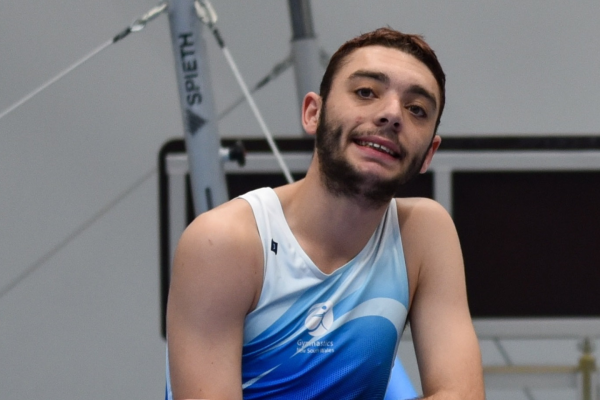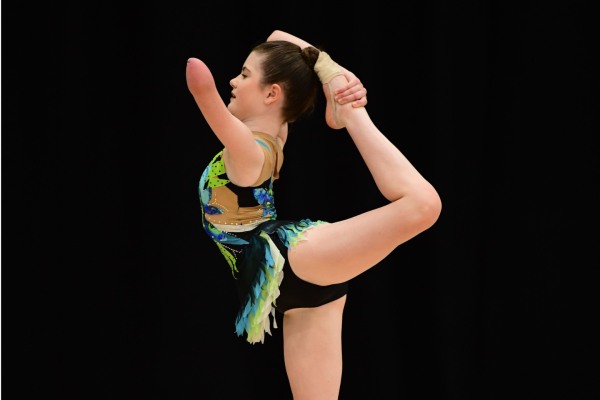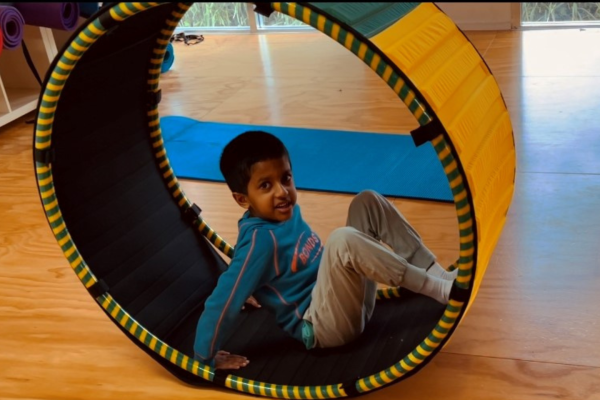
How to be a supportive friend to a parent of a child with a disability
Statistics indicate that at some point, it is highly likely that you will have a friend who has a child with special needs.
There are approximately 850,000 young people in Australia under the age of 25 who have a disability and 1 in 5 Australians will live with a disability at some stage in their life.
Unfortunately, many people still feel uncomfortable with the topic of disability, particularly in children. In the past, we have traditionally associated disability with ageing, deteriorating health and illness. But there is a rise in children being diagnosed with varying disorders – ranging anywhere from mild disorders to high complex medical conditions.
When I say, people feel uncomfortable, you know what I mean; awkward glances, deafening silences or perhaps just an inability to properly empathise and relate to the person in front of them.
So how can you be a good, supportive friend, should you find yourself in a situation where your friend needs your help? Perhaps their child has just been diagnosed and become one of the 850,000 people under 25?
Here are five points to help you, help your friend:
1. Listen without judgement
Your friend doesn’t need your opinion at this time. We need you to listen and to let us vent. We don’t need you to fix anything, we just need to know that you care and that you will be here for us. When you listen to us and then offer an opinion, even if it’s not your intent it can sometimes come across as passing judgement. “Have you tried this?”, “why don’t you try that?” – it can feel like you are saying to us ‘what you are doing isn’t good enough, I could do it better’.
2. Don’t be afraid to ask questions
Asking relevant and compassionate questions helps us to know that you are listening and supporting us. Although think about where that line is that you shouldn’t cross. You’ll know where it is depending on the different boundaries in your relationship. For me asking whether we think vaccination made our child sick is not appropriate. Asking whether we know if it’s genetic, is also going too far. These types of questions indicate to me that you are more involved in wanting to find out details that simply aren’t any of your business. They don’t help or change our situation in anyway. The only exception to this? We’ll openly give you our comments regarding the ‘why’ if you are standing in front of us, wearing a white lab coat and can give us real, time tested solutions to help our child. If you aren’t, then don’t be too focussed on the medical details of my child’s condition, please!
3. Don’t give us empty platitudes
‘Everything happens for a reason’; ‘God only gives special kids to special parents’; ‘But your child looks so normal!’; ‘I really don’t know how you do it!’ We’ve heard these so many times before and they’re generally said to fill a void of silence when people don’t know what else to say. But trust us, half the time, silence would be better! A statement like ‘your child looks so normal’ makes us feel like we have to prove our child’s disability/illness to you and others; that perhaps we are over-exaggerating their condition. If you need further proof of a child’s disability then we don’t need you as a friend!
4. Don’t try to compare ‘busyness’ because you think it will make us feel better
Comparing a busy week of a mum with a child with a disability to a mum of a typically developing child is like comparing apples and oranges. We are all in the ‘busy game’, there is no competition. When the time comes that your friend is telling you they are exhausted and they reel off the hospital appointments, therapy appointments, sore back from lifting, bending, twisting for their child etc, it’s not the time for you to reel off your list. Coming back with a reply of “I know how you feel, I’ve been running around with all the after school sports this week’ is a poor comparison. You may think you are trying to be empathetic, but it actually shows you are further away than ever from understanding our life and the day to day challenges we face.
5. Continue to invite us to social events – even if we continue to say no!
The fact is, many families of children with special needs have lives that revolve around the person with a disability – that’s just the way it is. The world doesn’t stop for our child with a disability, we just ensure that we are working to support our child who need adjustments to be able to participate in events and gatherings. This could mean attending a social event for a shorter amount of time, making adjustments so that our child can feel safe at the event or us simply saying no, because the event in itself is just not suitable.






